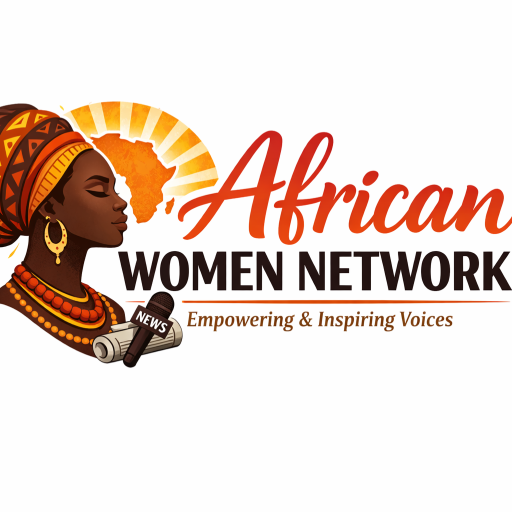
Zambia is rolling out a Pan African Adolescent Girls Curriculum to empower young women.
The Pan African Adolescent Girls Curriculum is a cornerstone of the Graça Machel Trust’s Pan-African Adolescent Girls’ Movement, designed to equip young African girls with the knowledge and life skills necessary to navigate adolescence with confidence and purpose. It is specifically tailored to address the unique cultural and social challenges that African girls face. The curriculum incorporates storytelling, peer learning, and participatory methods to promote personal growth and community connection.
One of the Eagle Sisters reflected on the training experience, saying, “We came in as learners and left as leaders. We are ready to go out there and be the change we want to see in our girls and our communities.”
With a target of reaching 800 adolescent girls across the country, the initiative began with an engaging three-day facilitator training held in Lusaka.
This training brought together twelve passionate local women, known as “Eagle Sisters”, who were trained to implement and guide the curriculum in their communities.
The training aimed to equip facilitators with the tools, knowledge, and confidence needed to mentor adolescent girls. It emphasised leadership development, self-awareness, reproductive health education, and essential life skills. The participants engaged in interactive sessions covering topics such as identity, self-esteem, rights awareness, and community engagement.
In Zambia, the rollout of this curriculum comes at a time when adolescent girls face increasing vulnerabilities, including early marriage, school dropout, and limited access to reproductive health information. By reaching 800 girls in this initial phase, the programme aspires to empower a generation of young women capable of breaking the cycles of poverty and inequality.
Over the coming months, the Eagle Sisters will begin implementing the curriculum in various regions, collaborating with schools, community centres, and local organisations to maximise reach and impact.
This initiative aligns with both regional and national goals to strengthen girls’ education and leadership, and it is seen as a promising model for other African countries looking to invest in the next generation of female leaders.







